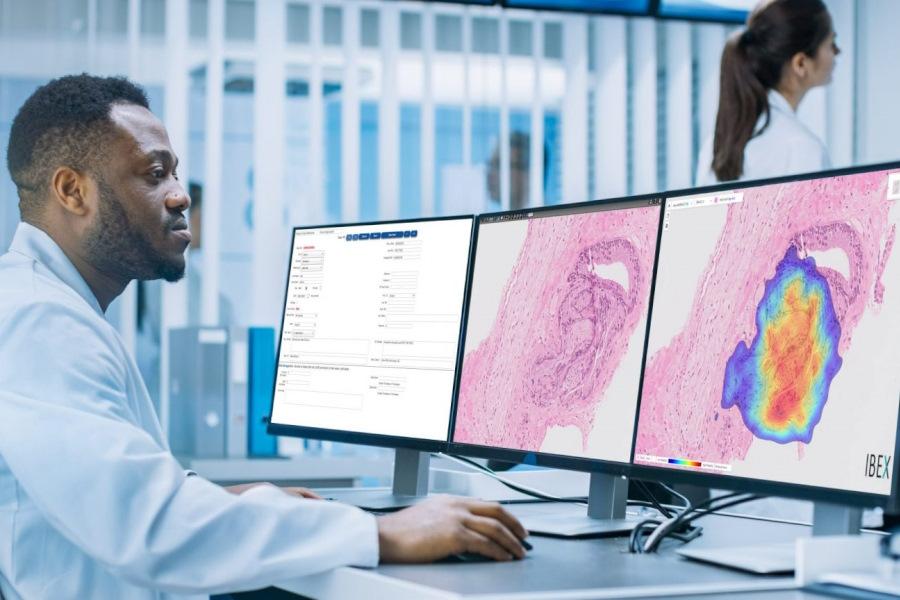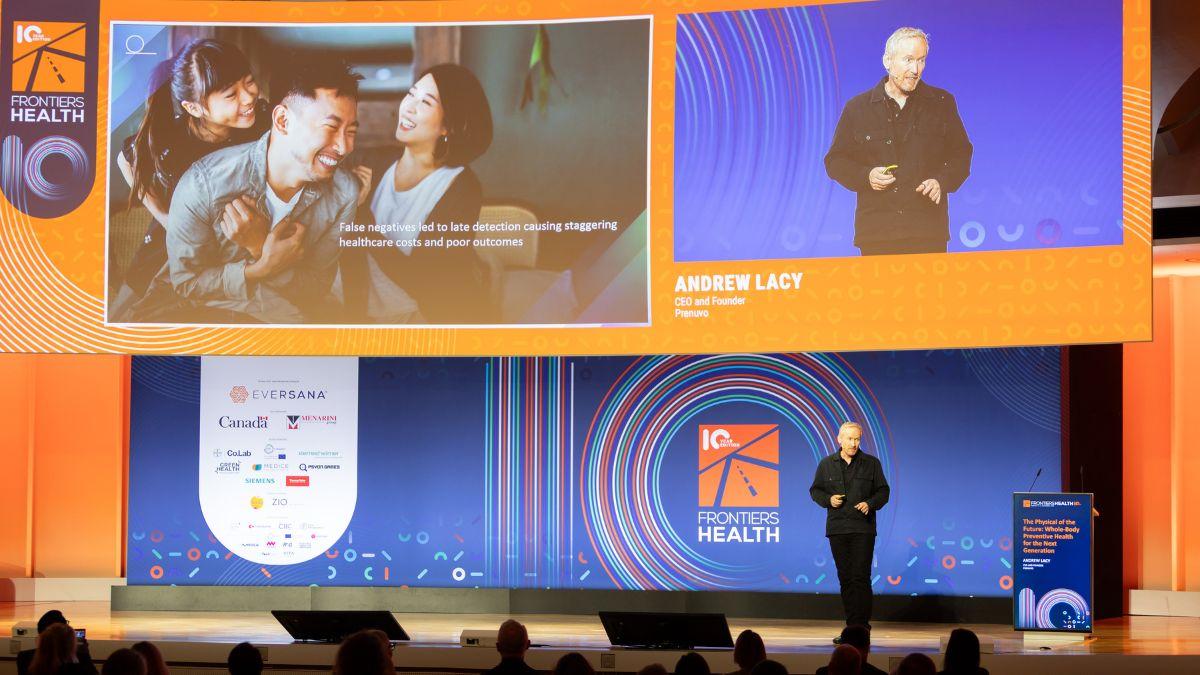Wales expands NHS use of AI for cancer diagnosis

The devolved Welsh Government plans to expand the use of an artificial intelligence-powered tool used to spot cancer in biopsy samples, after seeing a 13% increase in prostate cancer detection in a pilot study.
The IBEX Galen AI platform will now be trialled in suspected breast cancer as well as prostate cancer cases, and the initial pilot at the Betsi Cadwaladr Health Board in Bangor, North Wales, will be extended to include five more boards across the country.
The AI analyses digital images of pathology samples, classifying them using a traffic light system according to the likelihood of cancer being present before they are reviewed by clinicians. That means the most urgent cases are prioritised, potentially allowing earlier diagnosis and treatment.
The move is part of a new digital strategy unveiled in Wales last week by Health Minister Baroness Eluned Morgan, which introduced a range of measures, including the creation of additional digital platforms to improve the quality of care and help people to manage their health.
Wales is already working on a unified digital health and social care record for the public, and the new strategy says the aim is to implement a 'digital first' approach that will reduce variation in health and social care provision and patient outcomes.
The Galen Prostate AI – developed by Ibex Medical Analytics – became the first AI-based cancer diagnostic to be given a CE Mark in the EU earlier this year under the In Vitro Diagnostic Medical Devices Regulation (IVDR), and the company is working to get the same status for its breast and gastric cancer algorithms.
In March, the company, along with partners, including the University of Nottingham and a consortium of NHS trusts – including Betsi Cadwaladr – won Innovate UK's Artificial Intelligence in Health and Care Award for the Galen breast cancer tool.
The award provided funding for the AI to be deployed in the analysis of 10,000 biopsies as part of routine practice to see if the Ibex technology can improve the quality of diagnosis, reduce case review time, and impacts overall cost-effectiveness of breast cancer diagnosis, as well as turnaround times for patients.
"By embracing new technologies, we can transform how we interact with the NHS, find new ways to save lives and increase performance across health and social care," said Baroness Morgan.
"Innovative and effective use of data-driven technology, moving to digital health care and exploiting new technology is vital if we are to meet the soaring demand and increasing pressures on our NHS," she added.













